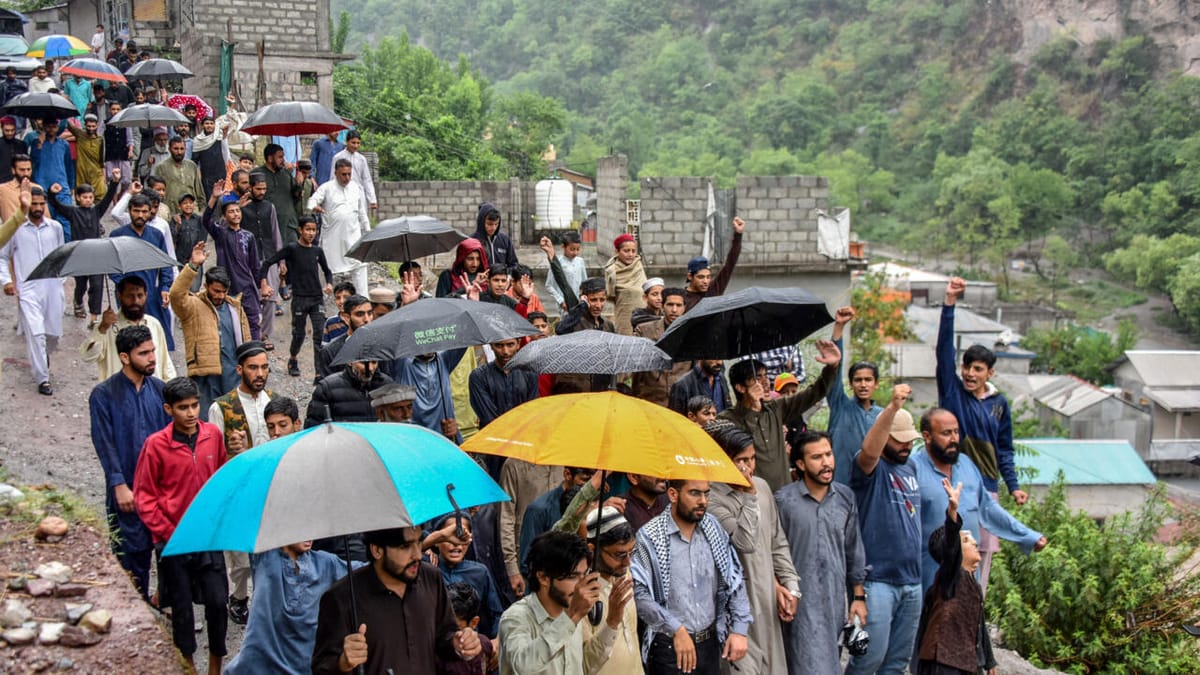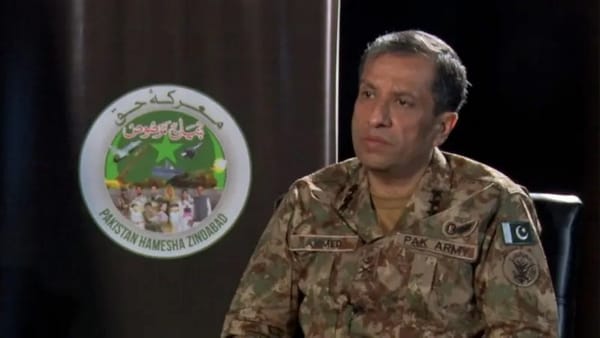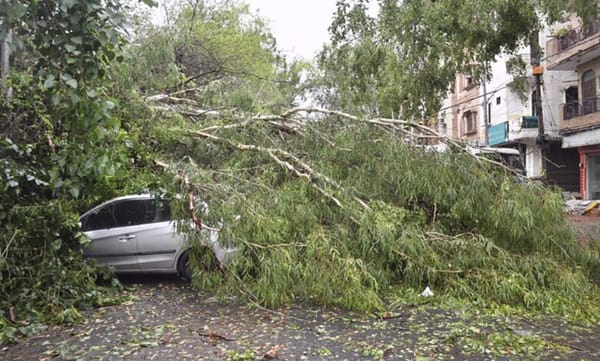Mixed Reactions in India to Recent Ceasefire with Pakistan

A week after India and Pakistan agreed to a ceasefire, ending one of their most serious military confrontations in decades, reactions across India remain sharply divided. The truce, which followed three days of intense fighting and military escalation between the nuclear-armed neighbours, has brought relief to some while sparking anger among others.
The confrontation began after India alleged it struck terrorist infrastructure in Pakistan following a terrorist attack in Pahelgam, Indian-administered Kashmir, which killed at least 26 people, mostly tourists. Pakistan retaliated with drone and missile attacks across various Indian states.
For civilians living near the border areas, who directly experienced intense shelling and destruction, the ceasefire has been a welcome development. The fighting resulted in at least 16 civilian deaths and dozens of injuries in these regions. After enduring the immediate impact of the conflict, residents in these areas understandably welcome the decision to cease military actions.
However, the sentiment is notably different among certain political segments in India. Many supporters of Prime Minister Narendra Modi and Hindu right-wing supporters are reportedly unhappy with the ceasefire agreement. These groups tend to view Modi as a strong leader who should protect their religion. The anger among them is particularly acute given that the initial terrorist attack in Pahelgam allegedly involved terrorists questioning the religion of victims before killing them.
These supporters argue that India held a clear military advantage over Pakistan during the recent confrontation and question why India "surrendered" to the ceasefire. This dissatisfaction has manifested in very aggressive responses, not only on social media but also among people interviewed in places like Jammu. Many expressed extreme views, suggesting that Pakistan should be "completely wiped off from the map of the world" and that there should be a "full and final solution to the Pakistan problem". These individuals are described as feeling "really really angry, frustrated".
Beyond the focus on Pakistan, the recent events have also led to growing negative sentiment towards China and Turkey among some Indians. This stems from allegations that China supplied arms and weapons to Pakistan which were used against India, and reports that Turkish-made drones were utilised by Pakistan during the conflict.
Pakistan has been historically a "very very sensitive and emotional issue" for Indians, marked by historical resentment. There is a deep-seated distrust of Pakistan among Indians, which often leads to very charged up emotions in any interaction, from military conflicts to even a cricket match.
While the ceasefire has brought much-needed relief to those directly affected by the fighting along the border, it has simultaneously ignited anger and frustration among certain political groups in India who expected a more decisive military outcome. The deeply emotional and historical context of India-Pakistan relations continues to shape the varied reactions to such developments.




